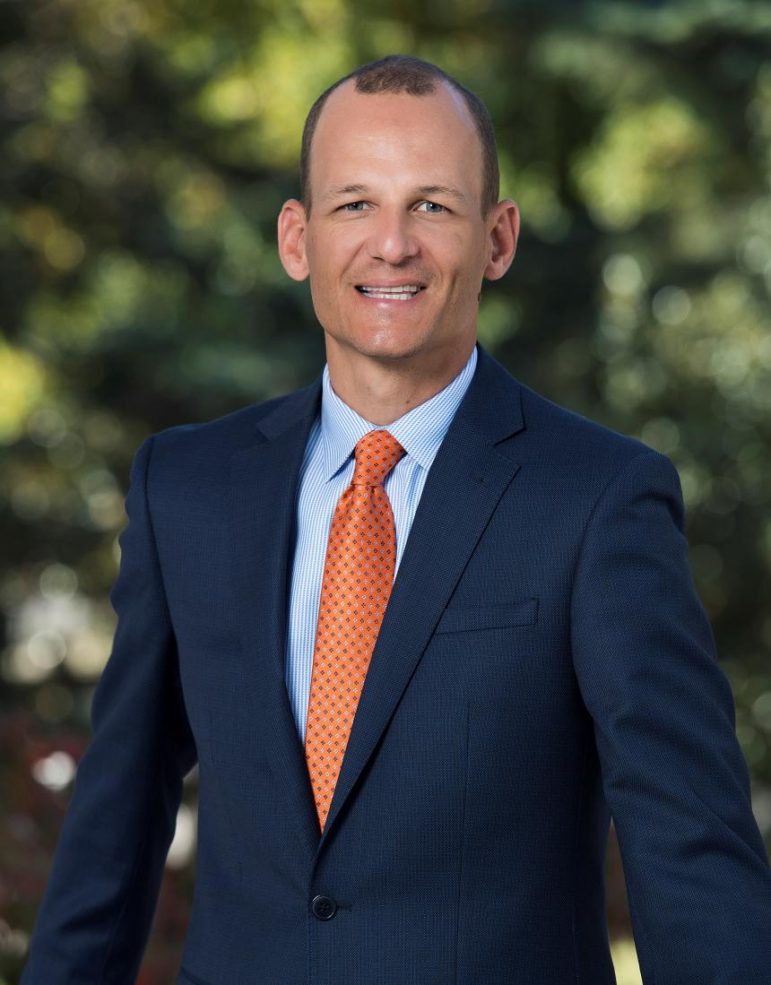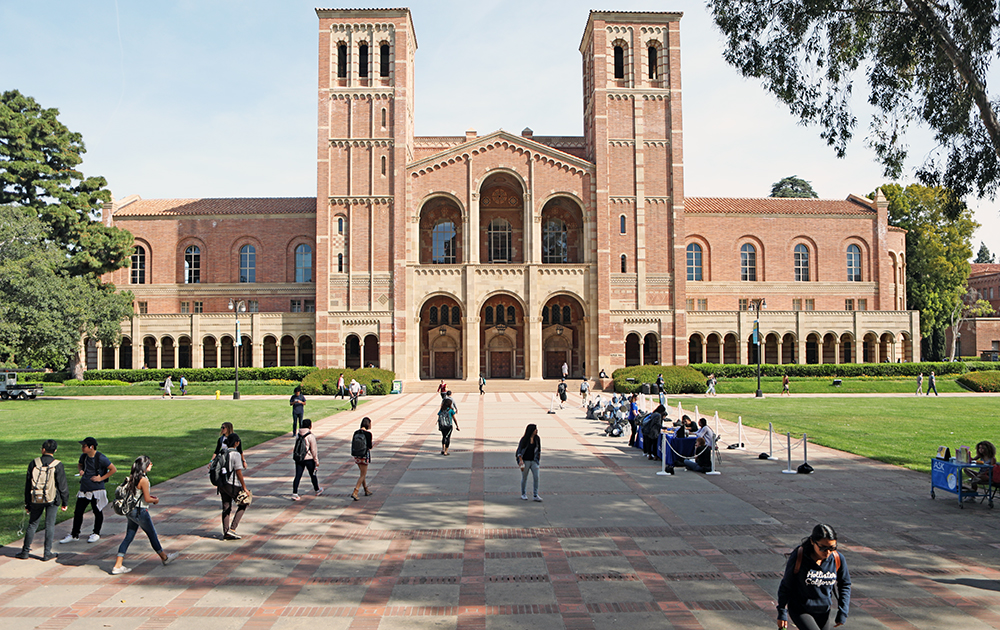The University of California and state lawmakers are at odds over proposed legislation intended to make it easier for community college students to transfer to one of UC’s nine undergraduate campuses.
Assembly Bill 1749 would require UC to automatically admit students who complete an “associate degree for transfer,” something the 23-campus California State University already does. Supporters of the bill say it’s needed to streamline a transfer process that is often criticized as being overly complex and difficult for students to navigate.
But UC officials maintain that the bill would disadvantage students in certain majors, who UC says would enter the university underprepared for their coursework. That’s because the ADT programs don’t always require courses in certain majors that UC expects students to complete by the time they enter their junior year. For example, UC biology majors are expected as juniors to have taken two courses in organic chemistry, something that isn’t required by the ADT, according to Han Mi Yoon-Wu, UC’s executive director for undergraduate admissions.
“Our primary concern is that the associate degree for transfers, which were developed specifically for the CSU system, do not offer adequate preparation for many of UC’s majors, even if the major name is the same. The degrees are different,” Yoon-Wu said in an interview this week.
UC officials reiterated their opposition to the bill during the system’s board of regents meeting Wednesday in San Francisco. James Steintrager, a professor of English at UC Irvine and vice chair of UC’s Academic Senate, cited “crucial differences in the majors as offered by CSU and the majors as offered by UC” and said a “one-size-fits-all” approach won’t benefit students.
Lawmakers and other supporters of the bill disagree with UC’s assessment. They say the legislation is the best path forward to simplify the process for students so more of them can transfer to UC or CSU.
Currently, UC does not have a systemwide transfer guarantee. Instead, there are separate transfer admission guarantees at six of the system’s undergraduate campuses — all but UCLA, Berkeley and San Diego. But each participating campus has different requirements for admission and the guarantees are limited to certain majors. On top of that, students who also consider transferring to a CSU have to contend with the different requirements for that system.
It all adds up to a complicated transfer maze that results in few students successfully making it from a community college to a four-year university.
AB 1749 could improve the process, proponents say, because students who complete an associate degree for transfer would be guaranteed admission somewhere in both the CSU and UC as long as they meet the minimum requirements for both systems. Students transferring to UC would need to earn at least a 3.0 grade point average, as opposed to a 2.0 GPA for CSU. Like CSU, students would only be guaranteed a spot somewhere in the UC system and not to a specific campus, although students would get priority admission to their local campus.
“It’s too darn complicated to transfer from a community college to a UC or CSU. You shouldn’t have to have an advanced degree to figure out how to transfer,” said Assemblymember Kevin McCarty, the author of the bill and chair of the Assembly’s budget subcommittee on education finance.
“We’ve been tinkering around the edges on this issue for decades. We’ve never come up with a simplified way where there’s one path, one process where you can transfer to UC or CSU from the community colleges. And that’s what we’re after.”

McCarty’s bill so far has sailed through the Legislature. It advanced out of the Assembly without a single “no” vote and was approved last month unanimously by the Senate Education Committee. Prior to that committee’s vote, UC wrote in opposition, saying that while UC “appreciates and understands the desire to streamline the transfer process,” the bill doesn’t prioritize “successful outcomes for transfer students.”
The bill will next head to the Senate Appropriation Committee.
Supporters of the bill include the student governments representing both UC and the community college system, the statewide chancellor’s office for the community college system, advocacy groups including The Education Trust-West, and the Campaign for College Opportunity, the sponsor of the bill.
For its part, the chancellor’s office for the community college system does not see the bill as a “silver bullet” that will solve all the transfer problems, said Aisha Lowe, executive chancellor for educational services. But it is, she said, a “step in the right direction,” which is why the office took a support position on the bill.
Lowe pointed out that since 2016-17, the number of students completing an ADT has increased by 74%. But in that same period, the number of students who transfer has only increased by 14%. She attributed that in part to “local nuances” that prevent students from attending their chosen CSU.
“A student might complete an ADT and hope to transfer and then find out that there was another class they needed to take for this particular CSU that they weren’t aware of. So we should certainly anticipate that the shortfalls that we see now with the current associate degree for transfer process will carry over into a UC ADT pathway,” Lowe said.
“But is it a worthwhile endeavor? Yes, we think so,” she added.
UC officials say they aren’t opposed to streamlining the transfer process. Earlier this year, UC unveiled its own proposal for a systemwide admission guarantee. Under that proposal, students would be guaranteed admission if they complete their lower division general education classes in addition to a set of classes specific to their major while also maintaining a minimum grade point average determined by faculty. But UC’s proposal has garnered criticism that it would only make the transfer process more complex.
In UC’s view, the benefit of the proposal, as opposed to AB 1749, is that students would get the necessary major preparation, Yoon-Wu said.
“The focus for UC is not that the student completes an associate degree, it’s that they have the major preparation,” Yoon-Wu added. “It positions the student to be on track to complete their degree in a timely manner.”
Otherwise, a student who completes an ADT but doesn’t take the necessary major coursework might get set back by an entire year, Yoon-Wu said. That’s particularly likely, she said, if the courses they’re missing are sequential classes in math or science, such as the organic chemistry classes needed for a biology major.
UC officials say they are continuing to communicate with both McCarty’s office and Gov. Gavin Newsom’s office, with the hope of finding common ground between McCarty’s bill and the admission guarantee plan put forth by UC.
“We want to provide access to students,” Yoon-Wu said. “But we also want them to succeed. So it’s not just opening the door, it’s making sure that when they do walk through the door that they are fully prepared.”
